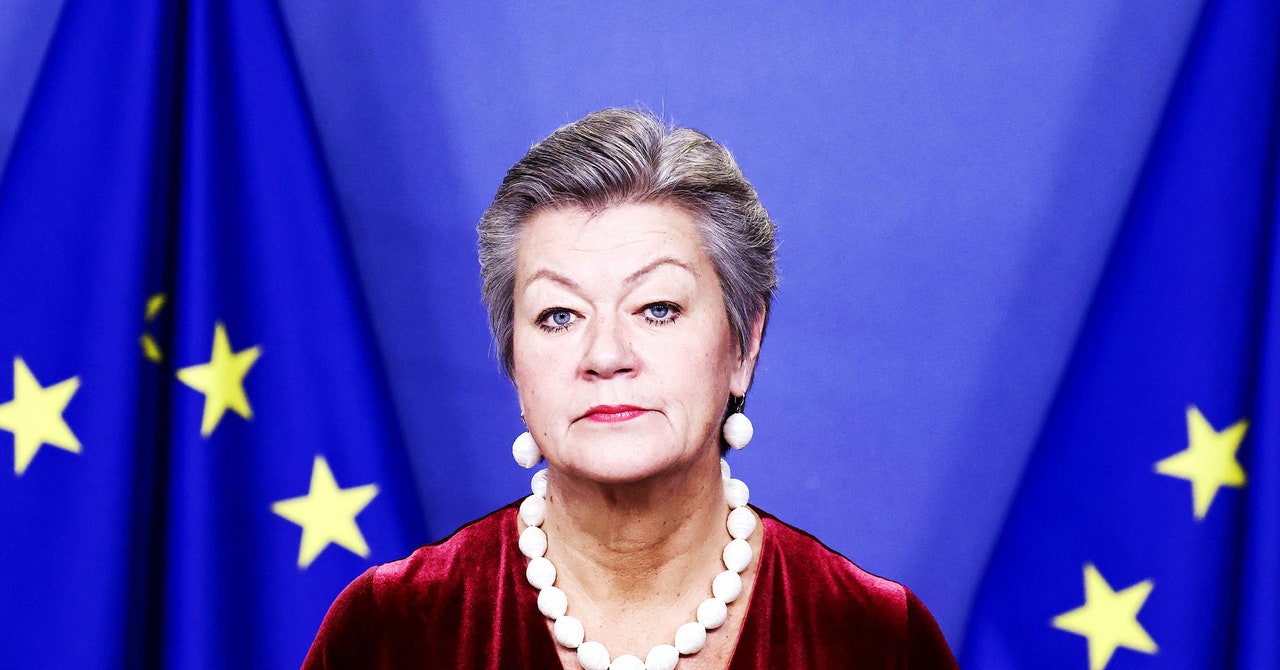“If we as EU can oblige service providers to scan for certain content through a back door, other states will also be able to say that you have to scan for [something else] through the same back door,” says Karl Emil Nikka, an IT security specialist who has debated Johansson in a Swedish newspaper podcast Svenska Dagbladet. He suggests that other countries could use this backdoor to search for content related to whistleblowers, abortions or members of the LGBTQ community.
Johansson emphasizes that this bill is not about privacy, but about protecting children. We are reminded of the 11-year-old girl who was forced to send someone explicit photos and now sees them circulating on the internet, she says. “What about her privacy?”
This is a tough debate; an ideological battle in which safety and privacy of children are opposed. When this has happened in other countries, politicians have avoided talking about the grim details of child abuse – expecting the public to back down if they did. But Johansson tries a different tack. She insists on talking about the details – accusing her detractors of pretending these problems don’t exist. “We now have robots that are sending these kids’ attempts to kids en masse. This is pretty new,” she says. “We also have this live streaming of children in the Philippines who are locked up in homes, special homes where they are being raped and live streamed.”
She dismisses concerns from tech companies like WhatsApp that their encryption would be weakened. “Some companies don’t want to be regulated,” she says.
When asked about the technology underpinning her bill, Johansson says she thinks legislation will encourage companies to innovate. Once technology is invented that can scan encrypted messages, it must be accredited by the EU before countries can deploy it. “If technology doesn’t exist, you can’t use it, of course. That’s obvious,” she says.
WhatsApp has been dismissive of the possibility of developing such technology. “I haven’t seen anything close to being effective,” Will Cathcart, head of WhatsApp, told WIRED in March. Yet such statements leave Johnson unphased. “I challenge the big companies,” she says. “And they are strong. They put a lot of energy, probably money, into challenging my proposal. But that’s life. This is how democracy should work.”
This is a technical debate about what is possible in the backend of the internet. To make it easier for the public to understand, both sides have resorted to strange analogies to explain whether or not the proposal is sinister. The bill’s proponents liken the concept to the way spam filters in your email read your messages to decide whether they’re junk or whether a speed camera only sends images of cars exceeding the speed limit to human reviewers. But detractors say the proposed scanning technology is the equivalent of installing surveillance cameras in your apartment or allowing the post office to open all letters so they can search for illegal content. “What I’m afraid of, what will it lead to? Where does it stop?” asks Patrick Breyer, an MEP representing Germany’s Pirate Party. “They will also want to expand it in terms of scope. So why only scan for CSAM? What about terrorism? What about copyright?”

